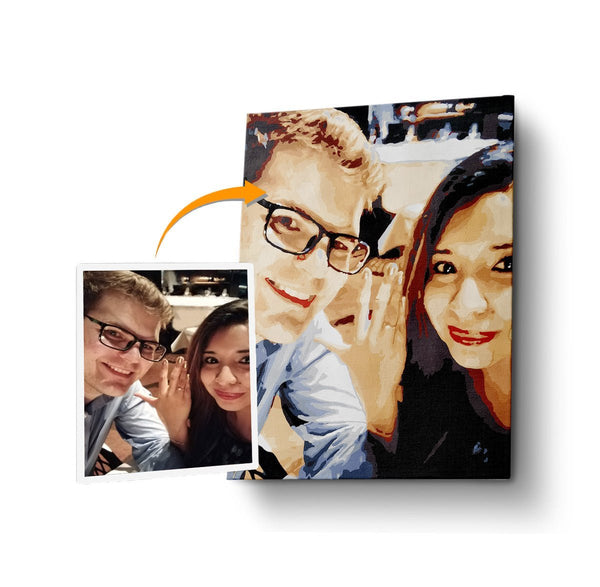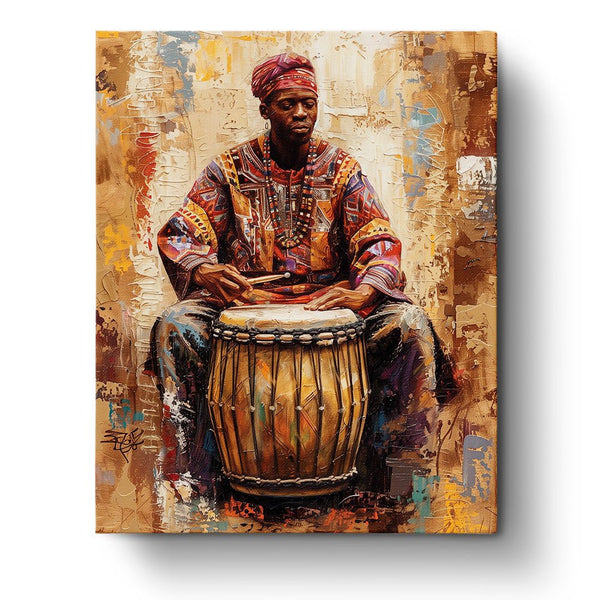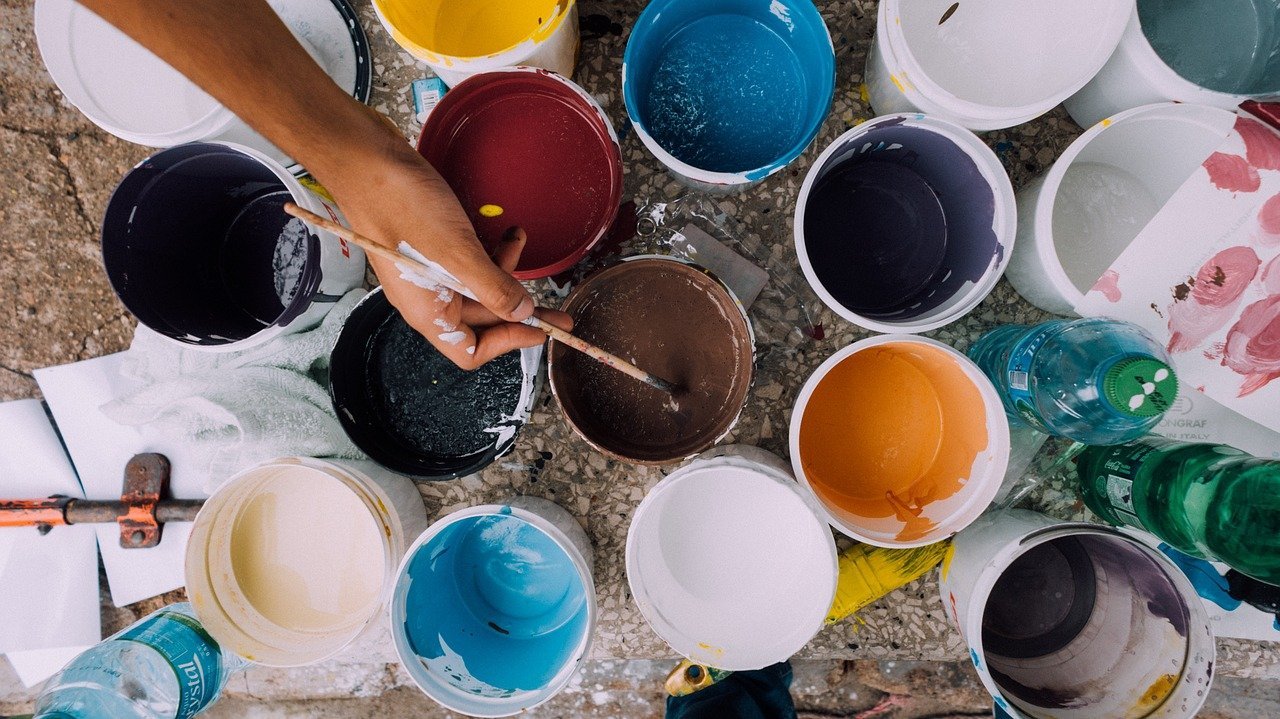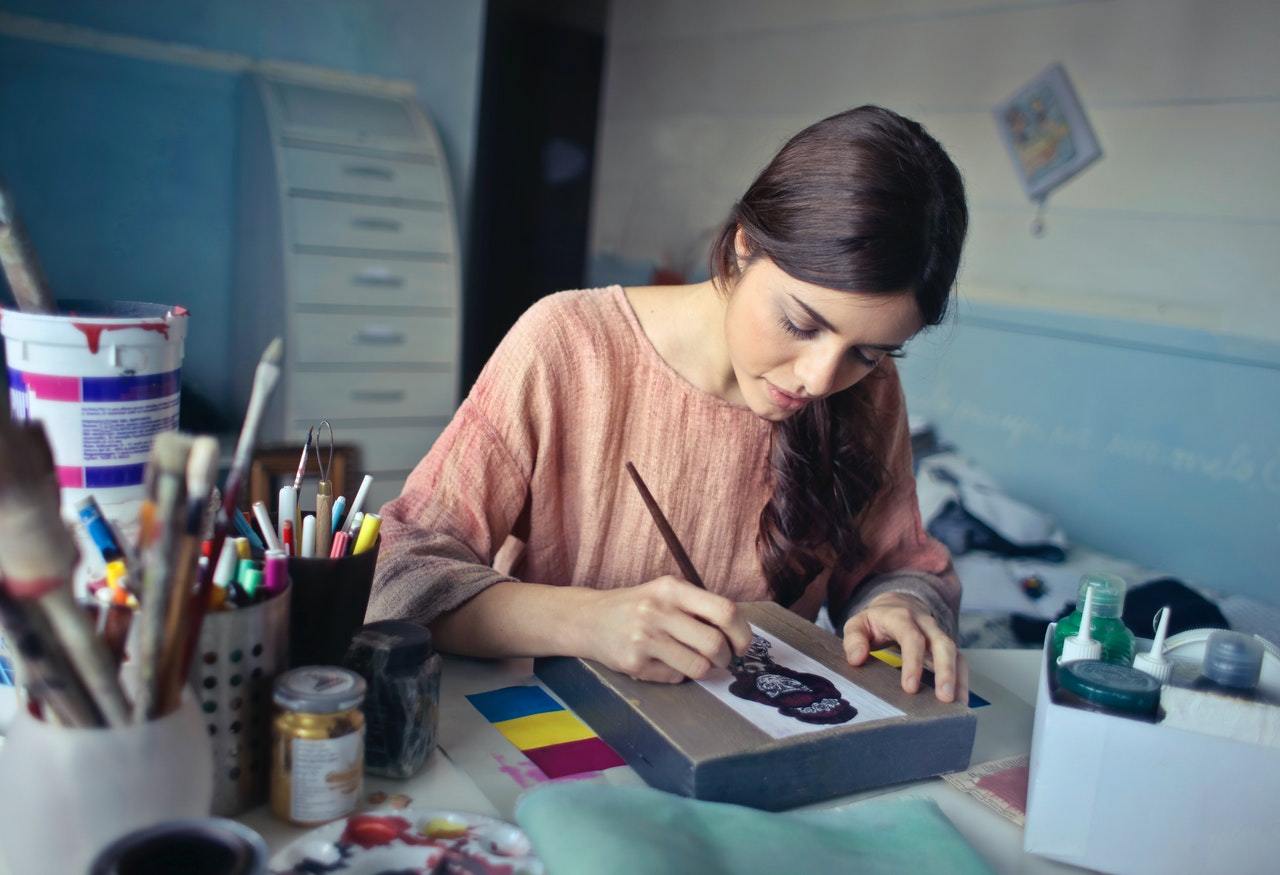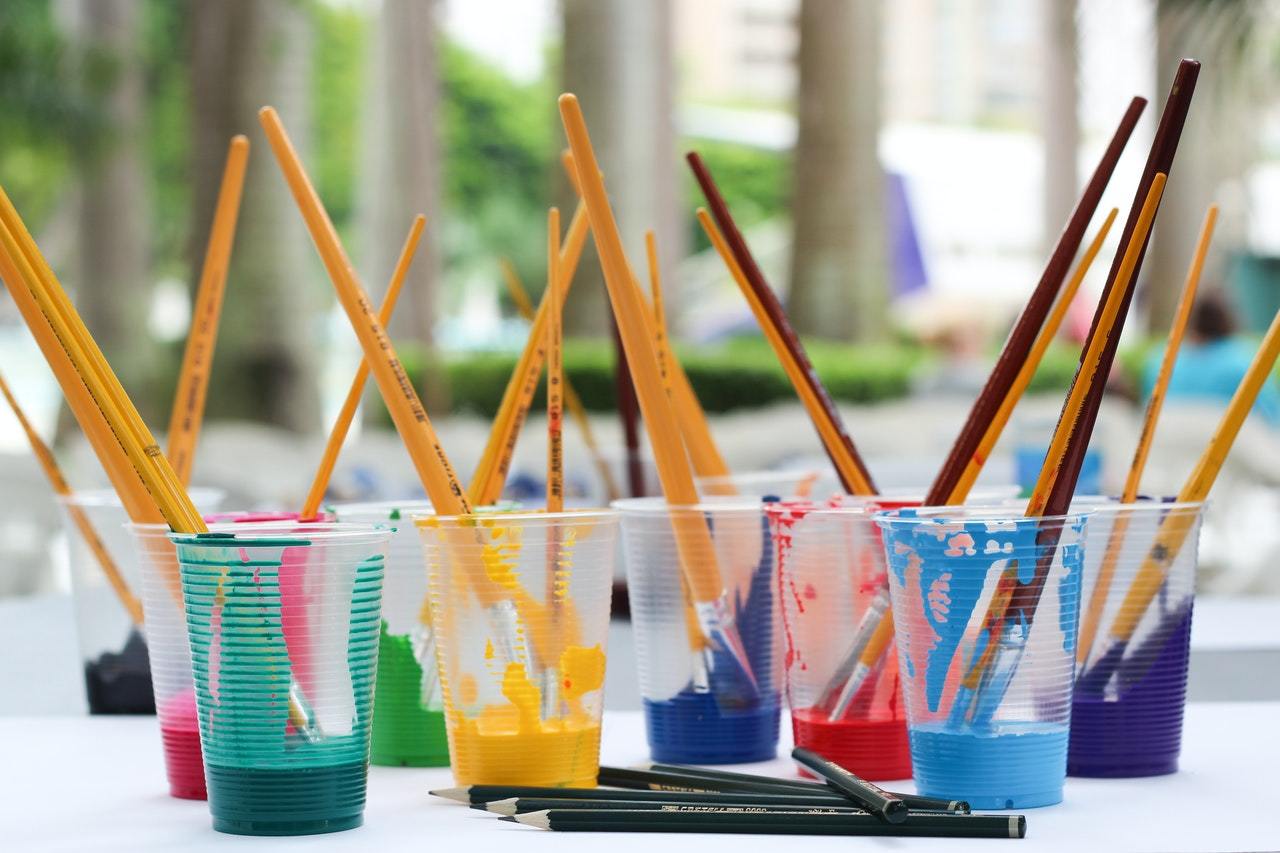
Benefits of Studying Arts for Students

Despite the fact that a lot of countries include arts as part of their curricula, a lot of students still feel that the study of arts is only relevant for those students who excel in the subject and those who want to pursue art-related careers. This has led to a decreasing amount of students choosing to study arts subjects at school. Contrary to such beliefs, education in the arts play an important role in developing a well-rounded individual and that is why engagement and education in creative arts should be a component in the educational course of every student.
Creative Arts is a very diverse field that is not only exclusive to visual arts such as painting and photography. It also includes literary arts, theatre, fashion design, culinary skills and so much more. Arts is about exploring your own style and developing your knowledge as you widen your horizons.
Studying arts does not only foster growth in creativity but it can also help students to excel in academics. According to research conducted by DoSomething.Org, students who study art are four times more likely to be recognized for academic achievement. Studies have also shown that countries that require Arts Education as a mandatory subject in their curricula consistently rank among the top performers for Science and Mathematics test scores. Academic achievement is just the tip of the iceberg when we talk about the benefits that you can get for studying arts as a student.
Creative Arts play a vital role in this 21st century. With the rise of technology which has created plenty of opportunities for artists, there has never been a better time to study arts. In this article, we will discuss the several benefits of studying creative arts for students.
What benefits can you gain from studying Arts?
- Art encourages creativity and innovation--in a world full of highly educated and trained professionals, being able to think outside the box with fresh ideas and imagination are essential for progress and innovation. With arts education, students have the freedom to explore their own style through the practical application of their creative skills.

-
Art has a positive impact on mental health--engaging in an art activity can reduce your stress and anxiety levels. Research conducted by the University of Western Australia showed that doing art-related activities for two hours a week can give a drastic improvement in your mental health as well as overall well-being.

- Art promotes personal growth and development--art unfolds many values in life that are needed for success. Art teaches students that it’s okay to fail as long as they have the courage to start over again and learn from their mistakes. While learning art, students can gain determination, resilience, grit and a positive mindset that can help them master their craft and succeed not only academically, but also in life.

-
Art enhances cognitive function--decades of research have provided ample amounts of data to prove that creative arts develop one’s neural system, fine motor skills and problem-solving abilities. Art-related activities require critical thinking, conceptualization, interpretation, observation, as well as visual-spatial reasoning. Research from the Frontiers in Neuroscience revealed that immersing students in arts education such as musical training can improve “verbal memory, second language pronunciation accuracy, reading ability and executive functions.”

-
Art encourages collaboration and teamwork inside the class--arts is collaborative in nature. Working and communicating together for an art project teaches students to value and appreciate everyone’s contribution regardless of how big or small it is. Moreover, arts allow interaction with one another and students can create a unique bond with their classmates because of their shared interests and ideas.

- Art deepens cultural empathy and understanding--art is at the very core of our identity as human beings. It challenges us to look through different perspectives, compels us to empathize with our fellow beings and it also gives us the opportunity to ponder on the human condition. Studying arts can have transformative impacts on our society. Research has shown that participating in art-related activities can increase civic engagement, social tolerance, and compassion for others.

- Art helps in building self-esteem and confidence--one of the most important aspects in every field is confidence. Doing art can help you boost your confidence and erase the doubt you feel towards yourself. Art is a safe space for students which allows them to dig deep in their uniqueness, creativity and imagination, giving them a sense of achievement and feelings of self-worth in the end.
-
It provides plenty of opportunities for artists--the mass media and technology have created an explosion of opportunities for artists to showcase their talents. There has been a high demand for web and graphic designers, digital illustrators, multimedia artists, animation artists, game designers and many other digital arts-related careers.
According to the National Endowment for the Arts, there has been “a surge in demand for multimedia artists, animators and illustrators--especially those who are computer and technology-savvy due to companies’ demand for advertising in online and digital formats.”
- Art teaches students to communicate on a much deeper level--by studying arts, students can learn a multitude of communication skills. Engaging in art-related activities such as performing in theatre or a music ensemble can teach students how to communicate verbally, physically and emotionally with their fellow cast members, instructors and audience. After all, art itself is a unique form of communication that allows a person to express their thoughts and emotions.

-
Studying arts can also give you the opportunity to acquire new skills--arts education is not only exclusive to creating art, it also teaches art history, different art movements, forms and techniques that can be useful for the particular field of your specialization. Since art is a broad subject, you can gain skills and knowledge in different areas such photography, film-making and so much more.

Key Insights
Immersing yourself in arts education plays a significant role in building your academic and social life as a student. With arts, it gives you the chance to express your creativity and imagination, develop your confidence, increase your social empathy and awareness, and look at the world from various perspectives. All these skills are very valuable and can help you prepare for your future with knowledge, passion and creativity.

